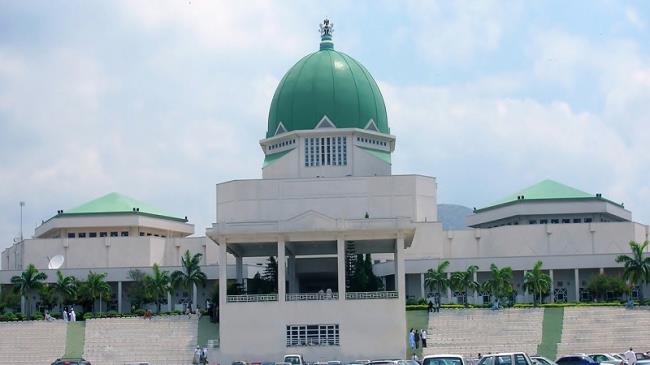WRITTEN BY NWABUEZE AKABOGU
As the tension after the 2019 general election appears to be gradually easing off, the nation’s attention has now shifted to the election petition tribunals. However, intense lobbying is ongoing over the sharing of “juicy offices” and control of the leadership of the National Assembly.
The inauguration of the ninth National Assembly takes place on June 10, 2019. While the major political parties are currently engaged in the battle of the titans, the political party that had emerged with a comfortable majority in Parliament would have gone to sleep after it had zoned the principal offices in the Assembly to the geo-political zones of the country and subsequently adopted its preferred candidates from those zones.
However, after the 2015 disastrous outing when the APC naively assumed that its comfortable majority in Parliament was a sure guarantee for its anointed members to control the key or principal offices later turned out as a monumental disaster and grave political miscalculation on the part of its leadership and which had continued to hunt the party all through the life of the outgoing 8th National Assembly.
Suffice to say that the global Parliamentary convention requires the majority party to control the leadership of Parliament as well as the key Parliamentary offices. In this case, the leader of the party with majority is required to form the government of the day and with the full control of the Parliament.
On the other hand, in the Presidential system of government as being operated in Nigeria, the legislature is entirely a separate arm of government. Hence, it is strictly guided by its own rules and norms devoid of any undue interference from the other two arms of government or even from the party leadership.
In the light of the foregoing therefore, the current controversy over the zoning or sharing of the principal offices in the 9th National Assembly could is absolutely unnecessary. It is instructive to note however that the role of political parties in the choice of principal officers in Parliament is purely advisory. Thus, the political parties are only obliged to set the necessary guidelines, based on the parties manifesto for their members in Parliament.
The nitty-gritty of the modality for the election of the principal officers is essentially the prerogative and exclusive preserve of all the members sitting in Parliament, irrespective of their party affiliations. It is incumbent upon them to elect the best candidates among their peers.
There should therefore, be no outside interference under whatever guise in this sacred assignment on the part of the 109 Distinguished Senators-Elect and 360 Honourable Members-Elect of the House of Representatives, even as they will only be guided by their individual consciences.
The current “military fiat” posture by the political parties to their members in Parliament directing them to carry out the party’s “instructions” on the whole saga will definitely be counter productive and portends grave danger to the nations’ democracy.
The “military command” fashion might result in history repeating itself as was the case at the inception of the outgoing 8th National Assembly when the ruling party completely lost the leadership of both the Senate and House of Representatives.
Finally, in the election of the Principal Officers in the 9th National Assembly, conscious efforts must be made to ensure that the principle of Federal character is strictly adhered to in the interest of equity, social justice and fairness.
No geo-political zone should be short-changed in the allocation of key positions in Parliament. It is pertinent to note that members of the National Assembly are the true representatives of the people and the Parliament is the microcosm of the Nigerian nation and as such every one must have a sense of belonging in the Nigerian project.





Comments are closed for this post.